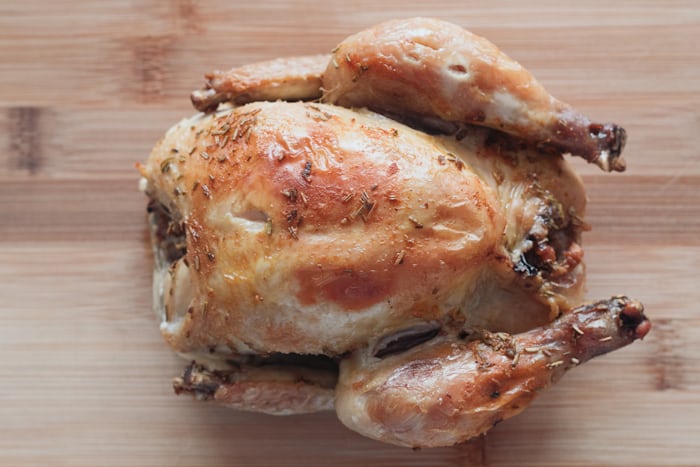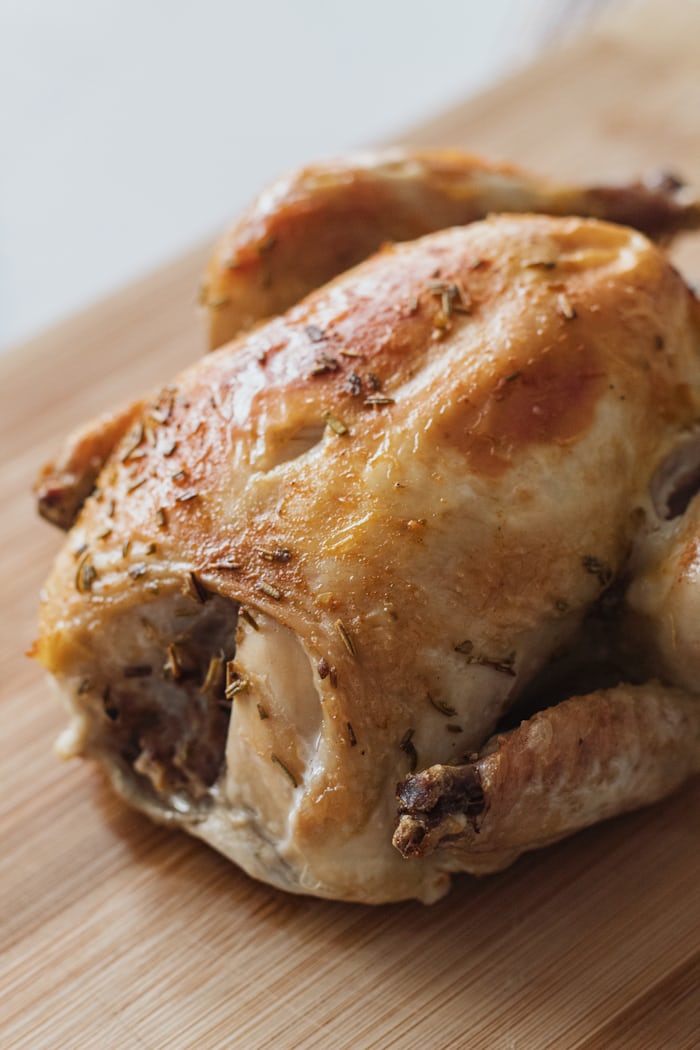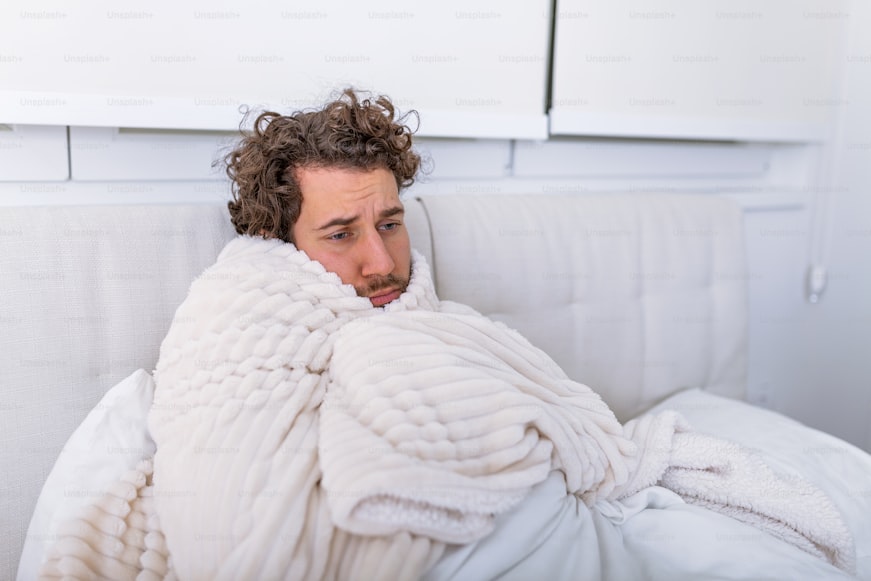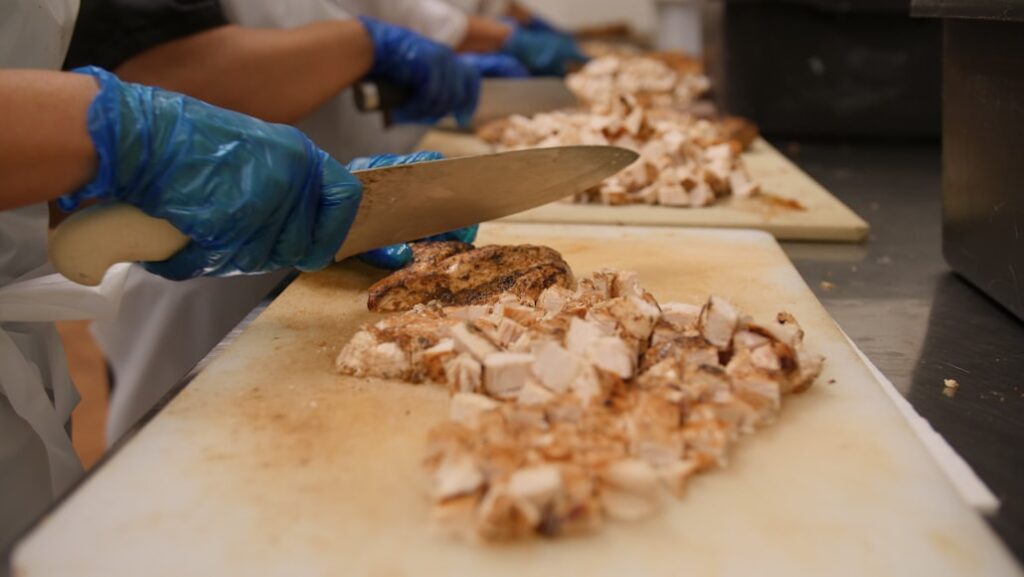Have you accidentally ate undercooked chicken? Every year, thousands of people face this concerning situation, which can lead to foodborne illness. While the discovery of pink or undercooked chicken on your plate can be alarming, knowing the right steps to take and understanding potential risks can help you manage the situation effectively.

In this evidence-based guide, we’ll walk you through what you need to know if you’ve consumed undercooked chicken, from immediate actions to take to recognizing warning signs that require medical attention. We’ll also provide expert-backed advice on managing symptoms and preventing future incidents.
Table of Contents
Immediate Steps to Take
If you’ve accidentally ate undercooked chicken, the first hour is crucial for monitoring and taking appropriate action. While not everyone who consumes undercooked chicken will get sick, it’s important to stay vigilant and prepared.
What to Do Right Away:
- Don’t try to induce vomiting, as this can cause more harm than good.
- Note the time you accidentally ate undercooked chicken.
- Save any remaining chicken in a sealed container in case testing is needed.
- Take photos of the undercooked chicken if possible.
- Write down exactly how much undercooked chicken you consumed
When to Call Your Doctor Immediately:
- If you’re pregnant.
- If you have a compromised immune system.
- If you have chronic health conditions.
- If you’re elderly or very young(< 5 years)
- If you’ve recently had stomach surgery.
Start a Symptom Journal
Keep track of any symptoms that develop after you’ve accidentally ate undercooked chicken. Include:
- Time of consumption.
- When symptoms begin.
- Types of symptoms.
- Severity of symptoms.
Monitor yourself for the next 24-72 hours, as symptoms of food poisoning typically appear within this window.
If you develop severe symptoms like high fever, bloody diarrhea, or severe abdominal pain, seek immediate medical attention.
Understanding the Risks of Raw Chicken
Raw or undercooked chicken can harbor several harmful bacteria that pose significant health risks. Understanding these potential dangers helps explain why proper cooking is crucial for food safety.
Common Bacteria Found in Undercooked Chicken
Salmonella
- Most common bacteria in raw chicken.
- Can cause symptoms within 6-72 hours after consumption.
- Survives at refrigeration temperatures.
- Requires proper cooking temperature of 165°F (74°C) to kill.

Campylobacter
- Second most frequent bacteria in raw poultry.
- Symptoms typically appear 2-5 days after exposure.
- Can cause more severe illness in people with weakened immune systems.
- Destroyed by proper cooking temperatures.
High-Risk Groups
Certain individuals face greater risks from consuming undercooked chicken:
- Pregnant women.
- Children under 5 years.
- Adults over 65.
- People with compromised immune systems
- Those with chronic illnesses.
Potential Complications
While most cases resolve without complications, some risks include:
- Dehydration from prolonged symptoms.
- Reactive arthritis.
- Guillain-Barré syndrome (rare).
- Bacteremia (bacteria in bloodstream).
Understanding these risks emphasizes the importance of proper food handling and cooking temperatures. If you’re concerned about exposure, monitoring symptoms and seeking timely medical attention can help prevent complications.

Recognizing Food Poisoning Symptoms
After you’ve accidentally ate undercooked chicken, watching for specific symptoms can help determine if you’re developing food poisoning. Not everyone who accidentally ate undercooked chicken will become ill, but knowing what to look for is crucial.
Early Warning Signs (6-24 hours)
- Nausea
- Stomach cramps
- Mild abdominal discomfort
- General uneasiness
Severe Symptoms to Watch For
- Fever above 101.5°F (38.6°C)
- Persistent vomiting
- Bloody diarrheaSevere abdominal pain- Signs of dehydration- Muscle weakness
Treatment and Recovery
If you’ve accidentally ate undercooked chicken and develop symptoms, proper management can help speed recovery and prevent complications.
Home Care Strategies
- Rest your stomach for a few hours after symptoms begin
- Start with small sips of water or clear fluids
- Gradually introduce bland foods (BRAT diet) i.e: Bananas, Rice, Applesauce, Toast
Hydration Tips
- Drink clear fluids regularly
- Consider oral rehydration solutions
- Watch for signs of dehydration: i). Dark urine ii). Dry mouth iii). Decreased urination iv). Dizziness
Over-the-Counter Options
- Anti-diarrheal medications (only if no fever present)
- Oral rehydration solutions
- Probiotics (may help restore gut balance)
When to Seek Medical Care
- Symptoms last more than 3 days
- Signs of severe dehydration
- High fever persists
- Blood in stool
- Severe abdominal pain
Recovery Timeline: Most people recover within 4-7 days with proper care. However, fatigue and sensitive digestion may persist for several more days. Always complete any prescribed antibiotics if given by your healthcare provider.
#
Prevention and Food Safety Tips
After you’ve accidentally ate undercooked chicken once, you’ll want to prevent it from happening again. Following these evidence-based safety guidelines can help protect you and your family.
Safe Cooking Temperatures
- Always cook chicken to 165°F (74°C).
- Use a reliable meat thermometer.
- Check the thickest part of the meat.
- For whole chickens, check multiple spots.
- Never rely on color alone to judge doneness.
Essential Kitchen Tools
- Digital meat thermometer (most accurate).
- Separate cutting boards for raw meat.
- Color-coded kitchen utensils.
- Timer for cooking.

Safe Handling Practices
- Wash hands before and after handling raw chicken.
- Never wash raw chicken (spreads bacteria).
- Use separate plates for raw and cooked meat.
- Clean and sanitize surfaces immediately.
- Store raw chicken on the bottom shelf.
Common Cooking Mistakes to Avoid
- Cooking frozen chicken without thawing
- Relying on “touch tests”
- Cross-contamination during preparation
- Incomplete defrosting
Storage Guidelines
- Refrigerate at 40°F (4°C) or below
- Use within 2 days if fresh
- Keep frozen at 0°F (-18°C)
- Never thaw at room temperature
- Follow package use-by dates
Remember: Prevention is always better than dealing with foodborne illness. When in doubt about chicken doneness, it’s better to cook it longer than risk consuming undercooked meat.
Follow On:

